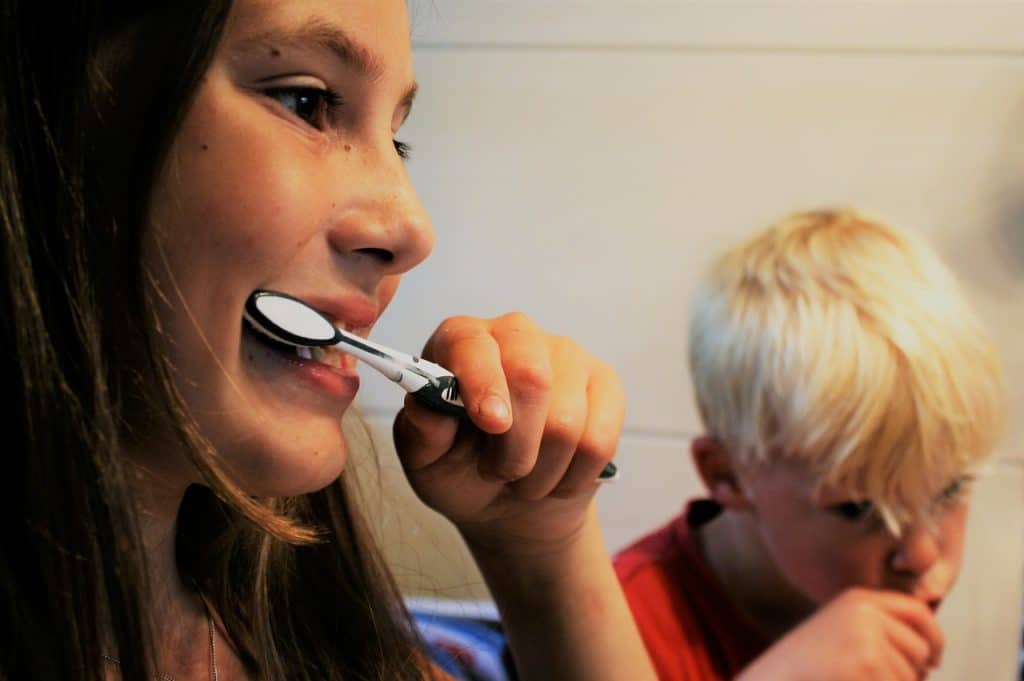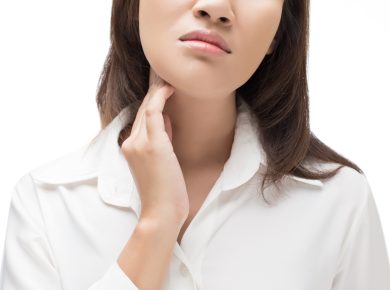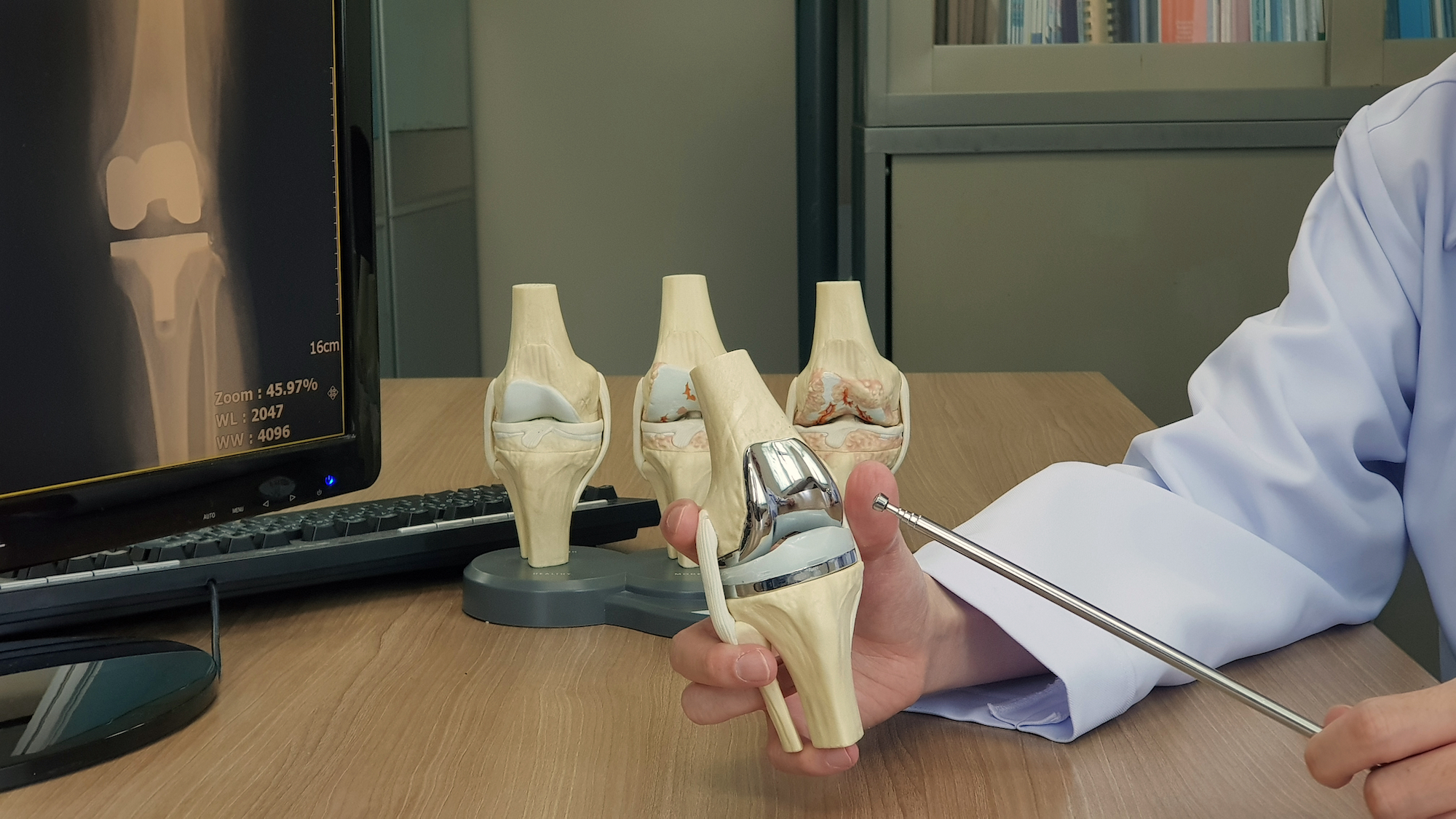As a dentist, I’ve seen many children with dental decay, pain and swellings in the mouth. Having worked in hospitals, I have seen numerous little ones have general anaesthetic to have their teeth taken out. These are emotional and costly measures for a disease that is completely preventable.
As a parent there is so much going on. Taking care of your baby, your family and yourself. When it comes to a healthy smile, there are a few things to look out for:
1. Baby teeth
The baby teeth (primary/deciducous teeth) start to come through (erupt) at around 6 months. The lower two front teeth are the first ones you may see in the mouth. You may notice a ‘teething’ phase which is perfectly normal.
2. Teething
It is completely normal for teeth to start growing between 3 and 12 months old. Drooling, irritability and not wanting to feed are all part of the process. It can be painful and uncomfortable and babies often need patience, love and affection.
3. Adult Teeth

Between 6-7 years of age the adult (secondary) teeth will begin to erupt starting with the first molar. This will be an ongoing process from age 6 to 14 years (exclusive of wisdom teeth). Don’t be surprised if the teeth are not all in line initially. Often, they straighten out as the jaw grows. If this is not the case, you may wish to see a dentist about braces.
4. Bleeding gums means gum disease
Dental plaque is made up of sugar and bacteria. When it sits around the gums and is not removed, the gums start to bleed. If this continues, the gums will begin to drop back over time. What do you do? Ensure the teeth are brushed twice daily and limit sugary foods.
5. Dental decay needs attention
Dental decay is also known as dental cavities or dental caries. You may notice this as brown or black areas on the teeth. They may give no symptoms but can cause sensitivity and pain. If there is no pain, it does not mean the cavity does not need treatment. A dental cavity can get bigger and reach the nerve in the tooth. This results in severe pain, swelling and the tooth needing extra attention or taking out. A large infection can lead to damage to the adult teeth.
Your child’s teeth are important. While they may get a second set, if the first set are not cared for, they may result in infections, pain and even being taken out. This can hinder the growth and development of the adult teeth with regard to shape, colour and position in the mouth.

Current best practice suggests brushing twice a day for two minutes on every surface of each tooth. Children who can not tie their own shoelaces tend not to have the manual dexterity to brush their own teeth. It’s advisable that an adult helps them. We always recommend limiting refined sugars and not eating after the bedtime brush.
Top Tips for a happy healthy smile:
- Cut the sugary drinks
- Avoid processed food
- Brush twice a day
- Inspect the teeth for decay and gum disease
- See a Dentist every 6 months
Until next time, keep smiling!
Contributed by Dr Surinder Arora, Integrative Dentist and Health Coach.
Photo credits: Pixabay











1 comment